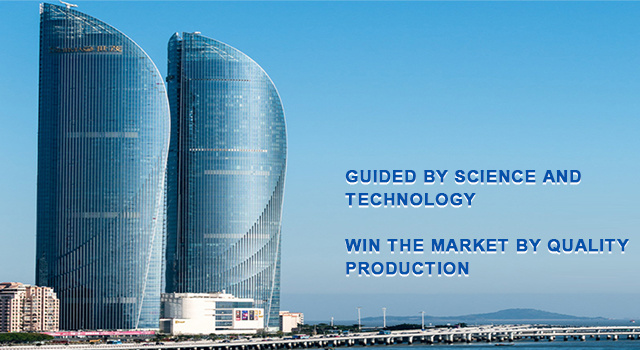"Binding" Bilateral Trade Negotiations The United States and Japan Will Talk about Tariff Exemption of Steel and Aluminum
Release time:
2019-05-30 14:27
The United States Trade Representative Robert Lethezer said on the 1st that the United States and Japan would discuss the exemption of high tariffs on steel and aluminum products to Japan in the bilateral trade agreement negotiations.
The United States Trade Representative Robert Lethezer said on the 1st that the United States and Japan would discuss the exemption of high tariffs on steel and aluminum products to Japan in the bilateral trade agreement negotiations.
US President Donald Trump sought to sign a bilateral trade agreement with Japan. On the 1st, when attending a business forum in Washington, Wright Heather was enthusiastic: "We must sign a free trade agreement with Japan, and we hope to sign this agreement at some point."
When Japanese Prime Minister Shinzo Abe visited the United States in mid-April, he agreed with Trump to start a new round of negotiations on the Japan-U.S. bilateral trade agreement, led by Japanese Minister for Economic Regeneration, Minchong Maki, and the United States Trade Representative, Robert Lettershize. The two sides are expected to hold the first round of Japan-US trade and investment ministerial consultations in mid-June.
When Abe visited the United States, he tried to persuade Trump to exempt high tariffs on steel and aluminum products from Japan, but Trump "bound" the exemption tariffs with the results of bilateral trade negotiations and refused to exempt Japan at this stage. Lethisser said on the 1st that after the launch of a new round of bilateral trade negotiations, the two governments will discuss the issue of exemption of high tariffs on steel and aluminum products from Japan.
Lethitzer said that the Trump government "actively considered" the establishment of bilateral trade agreements with countries in the Asia-Pacific region. According to Kyodo News Agency of Japan, Abe's government has been "reluctant" to the bilateral trade agreement between Japan and the United States, insisting that the Trans-Pacific Partnership Agreement (TPP) is the best choice for the two countries.
After Trump took office last January, he announced that the United States would withdraw from the multilateral free trade agreement negotiated when the Democratic Party was in power. Japan, Australia, Canada and other 11 members of the TPP spent several months renegotiating and signed the "No US version of the TPP" in March this year, namely the Comprehensive and Progressive Trans-Pacific Partnership Agreement (CPTPP).
When Abe visited the United States, he again suggested that the United States change its mind, but Wilbur Ross, the Secretary of Commerce of the United States, said that the TPP was "defective" when he visited a program of the United States Consumer News and Business Channel recently, and denied that the United States would return to the TPP in the near future.
相关新闻







